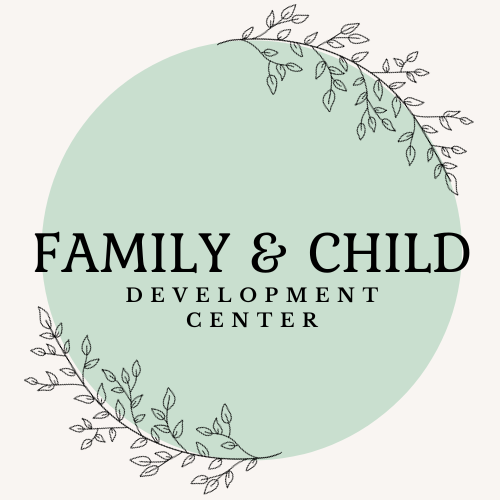Family therapy, also known as family counseling, is a specialized form of psychotherapy that focuses on improving communication, resolving conflicts, and enhancing the overall well-being of family members. In today’s fast-paced world, where the demands of work, school, and daily life often take precedence, family therapy provides a valuable space for families to come together, reflect, and heal. In this blog post, we’ll explore the many ways in which family therapy can be incredibly helpful and provide statistics to support its effectiveness.
The Importance of Family Therapy
- Improved Communication: Effective communication is at the heart of healthy family relationships. Family therapy teaches family members to listen, express their feelings, and resolve conflicts constructively. According to the American Association for Marriage and Family Therapy (AAMFT), 98% of clients who received family therapy reported improved communication within the family.
- Conflict Resolution: Every family encounters conflicts, whether they are related to parenting, finances, or personal differences. Family therapy equips families with the tools to address these conflicts in a productive manner. A study published in the Journal of Marital and Family Therapy found that 65% of individuals reported decreased conflict after participating in family therapy.
- Enhanced Coping Skills: Life’s challenges can often lead to stress and emotional turmoil within a family. Family therapy helps individuals and families develop healthier coping strategies. The National Institute on Drug Abuse (NIDA) reports that family therapy can be highly effective in treating substance abuse issues, with an average success rate of 70%.
- Support for Mental Health Issues: Family therapy is especially beneficial when dealing with mental health concerns. According to the Substance Abuse and Mental Health Services Administration (SAMHSA), children who received family therapy as part of their treatment for behavioral or emotional problems showed substantial improvements in their mental health, with 85% showing positive outcomes.
- Building Stronger Bonds: One of the primary goals of family therapy is to strengthen family bonds and promote a sense of unity. A study published in the Journal of Family Psychology found that families who participated in therapy reported a significant improvement in family cohesion and overall satisfaction.
How to Get Started
If your family is facing challenges or simply wishes to enhance its relationships, family therapy can be a valuable resource. It’s important to choose a qualified therapist or counselor who specializes in family therapy. Begin by reaching out to local mental health professionals or seeking recommendations from your primary care physician.
Remember, the effectiveness of family therapy depends on the willingness of family members to actively participate and engage in the process. It’s a collaborative effort that can yield remarkable results, leading to healthier, happier, and more harmonious family dynamics.
In conclusion, family therapy is a powerful tool for promoting emotional well-being and fostering strong family bonds. With the right guidance and a commitment to the process, families can overcome challenges, enhance communication, and build lasting connections that contribute to happier, healthier lives.

